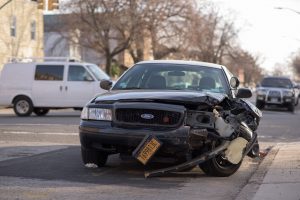Police Drive a New Lawsuit

Some cars may not be as safe as you think. Advertisements suggest that Tesla’s Model X exhibits an autopilot function that is perhaps stronger and more efficient than a typical cruise control feature. Experts even suggest that the objective to create a fully self-driving car would enhance safety on the road and exceed the driving capabilities of a person. Following a February 2021 car accident involving five police officers and one Model X driver, it is clear that some obstacles may stand in the way of Tesla’s future endeavors.


